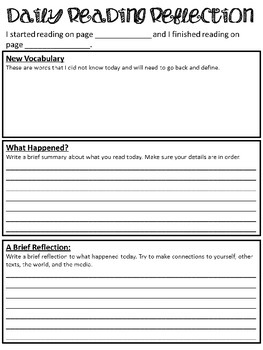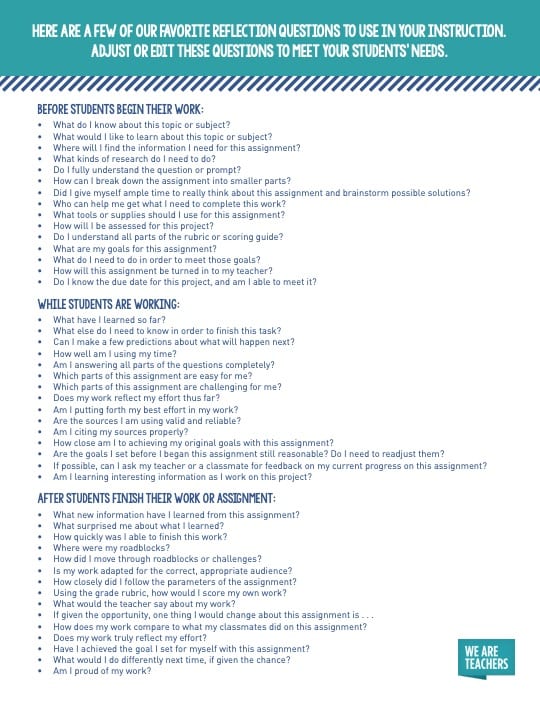View Week 8 Reflection.docx from ECON 101 101 at American Public University. Week 8: Course Reflection In today’s final discussion the question is did I find this class Microeconomics 101 to be.
Guide to Reading Documents: Geographic Timelines: 10 MYA - '0' - 1000 BCE - 1250 CE - 750 CE-1600 CE. Mobility History Food History. Comparative Middle Ages Week 4. Introduction to the Course. Readings & Assignments. Jan 16: The Uses of History: Bookmark this page (on phone, computer, etc.) Read Syllabus. Week 8 Forum Topic - Course Wrap-up PSYC101 APU 2015: Forums Part 1 Dyslexia is a primary associated disorder which involves troubles in reading thus, some doctors and specialists refer to is as a reading disability. The disease poses a high challenge on the victim where especially on learners where it interferes with learning basics such as skills, time planning and abstract reasoning. Suggested 8-Week Schedule; COURSE OVERVIEW. Benvenute e Benvenuti! Italian Language and Culture: Beginner is an introductory course that teaches the four basic skills (speaking, listening, reading and writing) in the context of major themes in Italian culture.
PrintHuber MT (2011) Enforcing scarcity: oil, violence, and the making of the market. Download free mass effect 2 pc dlc genesis 2. Ann Assoc Am Geogr 101(4):816–826.
Is the scarcity of oil a geological fact? Does resource scarcity result in ‘resource wars’? These are the two main questions Huber examines in his 2011 article. Predictions of the scarcity of key resources, especially oil, make headlines every now and then. The idea of “peak oil”, wherein the global oil production will reach a peak and then decline, are especially popular. This scarcity of natural resources is seen by many as the reason for wars and violence. Indeed, as Huber suggests, many assume that securing oil reserves was one of the motivations for the American invasion of Iraq in 2003.

However, geographers have shown that scarcity is socially produced. This is not to deny that resources are finite, but to say that what is understood as scarcity (i.e., not enough resources available for current consumption) is socially produced. Historically, for the global petroleum industry, the problem has never been scarcity, but overproduction; this can be seen in the multiple efforts by the OPEC to coordinate production as well as in the volatility of global oil prices. Thus, oil producers use institutional arrangements to try and create a level of scarcity that will result in prices that would allow for profits but not deter consumption. Thus, oil scarcity is “actively managed” (p. 819).
Huber then goes on to examine the role of violence in this process. Through his study, the enforcement of martial laws in response to overproduction in the oilfields of Texas and Oklahoma in the 1930s, he argues that violence is necessary to enforce scarcity. Thus, rather than resulting from scarcity, violence is used to produce and enforce scarcity. To Huber, “in capitalism, commodity relations presuppose the social production of scarcity” (p. 823). Violence, thus, is necessary for the functioning of capitalism as it enforces scarcity, which in turn is necessary for stabilizing commodity production and prices and making profit. C program flow diagramthe best free software for your.

Week 8 Reflectionguided Reading 101 Answers


While reading this article, reflect on which resources or commodities you think are scarce and why, particularly on how these commodities are produced, made available to you, and how they are consumed.
Baka, J. (2016). Making space for energy: Wasteland development, enclosures, and energy dispossessions. Antipode doi: 10.1111/anti.12219.
In this article, Baka draws attention to the geographies of ‘renewable’ energy sources, in this particular case, the cultivation of Jatropha for the production of biodiesel in India. She shows that the cultivation of Jatropha is the latest iteration of the Government of India’s efforts to develop “wastelands”. Underpinning these efforts is the narrative of “wasteland” which are seen as “underperforming common lands with the potential to be improved and provide a societal benefit if enclosed” (p. 980).
The narrative of wasteland has a long history in India, with new programs implemented depending on the changing ideas of “improvement” of the government. In this case, the fuelwood species of Prosopis, was planted under an earlier Social Forestry program to provide fuelwood for local consumption as well as take pressure off production forests. This cultivation was later termed “backward” when the new policy decided to replace it with Jatropha for the production of biofuel. The introduction of Prosopis, however, had yielded some benefits, since it had given landless households access to free fuelwood and its invasive quality required constant tending which had generated considerable employment. The replacement of Prosopis with Jatropha would erase these benefits through, what Baka terms, “energy dispossessions” wherein the introduction of new kind of energy erases certain existing energy economies as well as associated livelihoods.
Week 8 Reflectionguided Reading 101 Lesson

Week 8 Reflectionguided Reading 101 Reading
“Yet, wasteland development has failed to achieve its goals necessitating further rounds of wasteland development” (p. 983). This narrative of wasteland persists, Baka argues, to obscure the underlying tension between the government’s vision of development (and its attempts to partner with private industry for wasteland development) and the practices of the local people. Thus, Baka concludes, the category of “wasteland” will not go away since it is needed by the government to carry out “improvements”.
While reading this article, reflect on how biofuels and renewables change the land-use patterns of the sites where they are promoted. Consider how categories such as “wastelands” come to be constructed and then persist despite evidence against their underlying logic.
Guided Reflection Examples
NOTE: Links to the readings are located in the module in Canvas. Aboutbackstage.